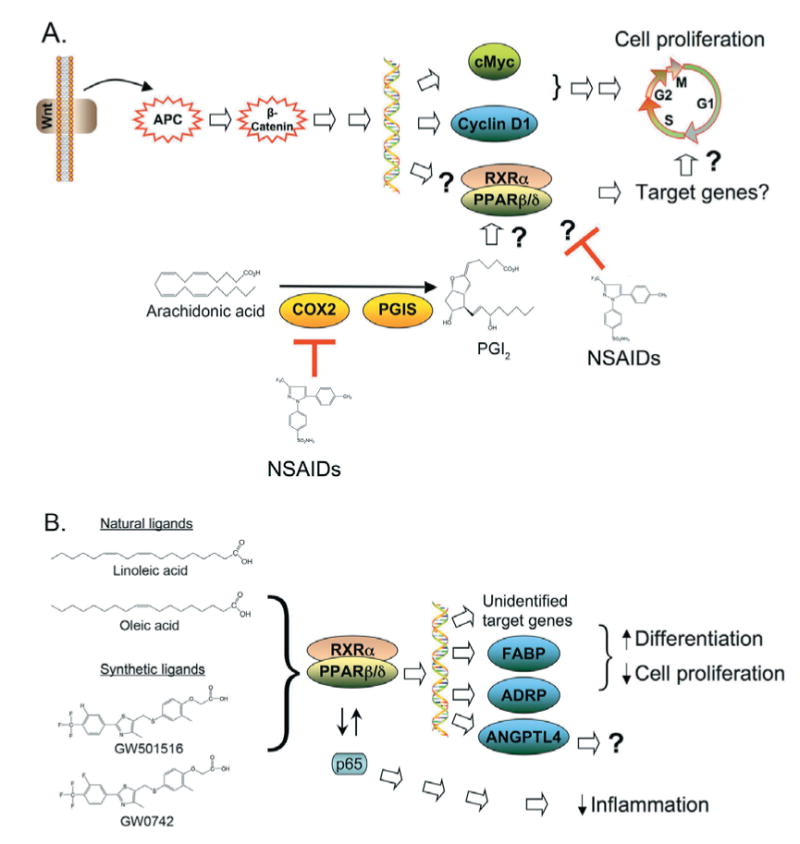Figure 3. Hypothetical roles of PPARβ/δ in colon carcinogenesis.

(A) Ligand activation of PPARβ/δ potentiates colon cancer. In this model, PPARβ/δ is a downstream target of the APC/β-catenin/Tcf4 pathway and, through unknown target genes, leads to enhanced cell proliferation. COX-2-derived prostacyclin (PGI2) may be an endogenous ligand for PPARβ/δ in this model, and inhibition of COX2 by NSAIDs may prevent activation of PPARβ/δ and unknown target genes. Alternatively, there is also evidence that NSAIDs may inhibit PPARβ/δ expression leading to reduced anti-apoptotic activity mediated through ill-defined mechanisms. ?, pathways of uncertainty. PGIS, prostaglandin I2 synthase. (B) Ligand activation of PPARβ/δ attenuates colon cancer. In this model, ligand activation of PPARβ/δ leads to the induction of well-characterized target genes, including FABP and ADRP, that are associated with terminal differentiation and probably other unidentified target genes that participate. PPARβ/δ can also interfere with NF-κB and AP1 signalling, causing anti-inflammatory activities. The induction of terminal differentiation and anti-inflammatory activities are associated with inhibition of cell proliferation. RXRα, retinoid X receptor α.
